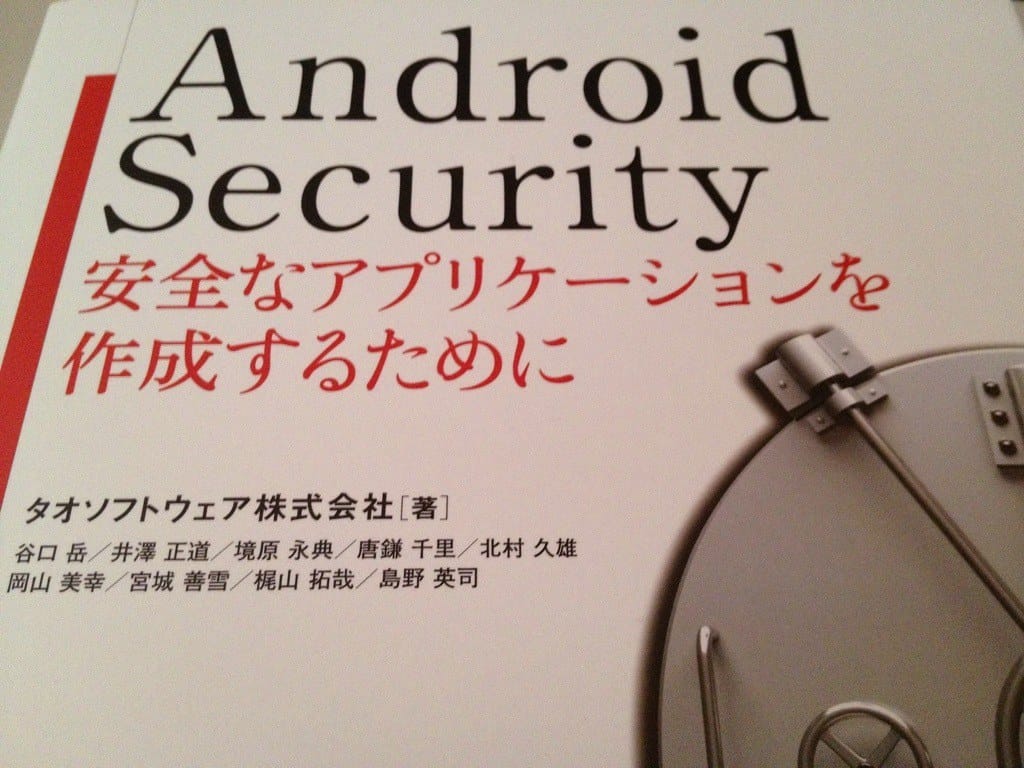Android's pKVM Achieves Unprecedented SESIP Level 5 Security Certification, Setting New Global Standard
Google's Android protected Kernel Virtual Machine (pKVM) has made history by becoming the first software globally to achieve the coveted SESIP Level 5 security certification, marking a watershed moment for mobile security and establishing new benchmarks for software protection standards worldwide.
Breaking New Ground in Software Security
The Security Evaluation Standard for IoT Platforms (SESIP) Level 5 certification represents the highest tier of security evaluation available for software platforms. Until now, no software has successfully navigated the rigorous testing and validation process required to achieve this milestone. Android's pKVM has shattered this barrier, demonstrating that consumer mobile technology can meet the most stringent security requirements typically reserved for critical infrastructure and defense systems.
This achievement is particularly significant given that SESIP certifications are managed by GlobalPlatform, the same organization that oversees security standards for payment cards, secure elements, and other high-stakes digital infrastructure. The certification process involves comprehensive evaluation by accredited third-party laboratories and requires extensive documentation of security architecture, threat models, and countermeasures.
What Makes pKVM Special
The protected Kernel Virtual Machine represents a fundamental shift in how Android approaches device security. Unlike traditional hypervisors that run alongside the main operating system, pKVM operates at the hardware level, creating isolated secure environments that remain protected even if the main Android system is compromised.
Key features that enabled this certification include:
Hardware-Level Isolation: pKVM leverages ARM's TrustZone technology and virtualization extensions to create impenetrable boundaries between different software environments.
Memory Protection: Advanced memory management ensures that sensitive data cannot be accessed by unauthorized processes, even those with elevated privileges.
Cryptographic Security: Built-in cryptographic functions protect data both at rest and in transit, with keys managed in hardware-protected storage.
Industry Impact and Implications
The SESIP Level 5 certification positions Android devices as viable options for high-security applications previously dominated by specialized hardware solutions. Government agencies, financial institutions, and enterprise customers who require the highest levels of security assurance can now consider Android devices for sensitive operations.
"This certification validates years of investment in security-first design principles," said a Google security engineer familiar with the project. "We're not just meeting existing standards – we're raising the bar for what's possible in consumer technology."
The achievement also signals a broader industry trend toward software-based security solutions. Traditional hardware security modules (HSMs) and dedicated secure processors have long been the gold standard for high-security applications. pKVM's success demonstrates that well-designed software can achieve comparable security levels while maintaining the flexibility and cost-effectiveness of general-purpose hardware.
Real-World Applications
The practical implications extend far beyond technical specifications. Industries that handle sensitive data – from healthcare systems managing patient records to financial services processing transactions – can now leverage Android's ecosystem while meeting strict compliance requirements.
Military and defense applications represent another significant opportunity. The certification opens doors for Android devices in classified environments where security requirements previously eliminated consumer operating systems from consideration.
Enterprise customers benefit from simplified procurement processes, as SESIP Level 5 certification provides internationally recognized assurance that security requirements are met without extensive additional evaluation.
Looking Forward: Setting New Standards
Android's pKVM achievement establishes a new baseline for mobile operating system security. Competitors will likely pursue similar certifications, driving industry-wide improvements in security architecture and implementation.
The success also validates Google's broader security strategy, which emphasizes hardware-software co-design and defense-in-depth approaches. Future Android versions will build upon this foundation, potentially achieving even higher security levels while maintaining user-friendly interfaces and broad application compatibility.
The Bottom Line
The SESIP Level 5 certification for Android's pKVM represents more than a technical milestone – it's a paradigm shift that proves consumer technology can meet the most demanding security requirements. This achievement positions Android as a serious contender in high-security markets while raising the security bar for all mobile platforms.
For organizations evaluating mobile security solutions, this certification provides concrete assurance that Android can protect their most sensitive data and operations. As cyber threats continue to evolve, having access to globally certified, military-grade security in widely deployed consumer devices represents a significant strategic advantage in the ongoing battle for digital security.
